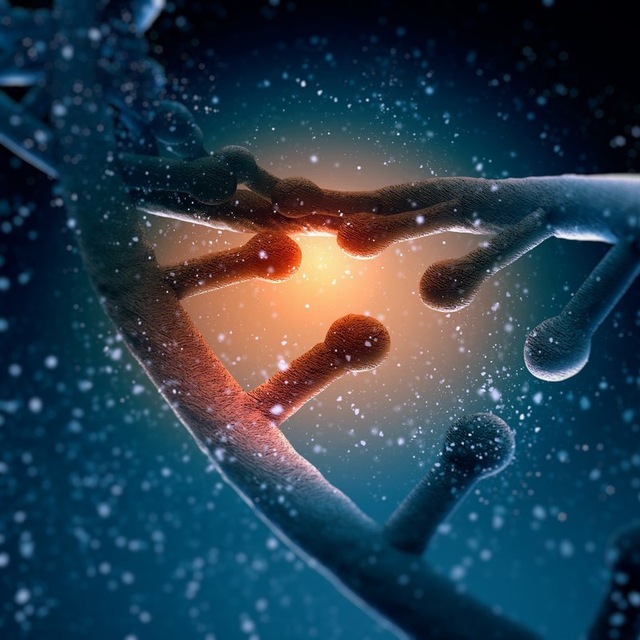🧠🌳 Почему у китов не повреждается мозг когда они плавают
Согласно новому исследованию, в мозге китов есть специальные кровеносные сосуды которые могут защитить их от пульсаций крови вызванных плаванием. У большинства других млекопитающих такие скачки давления приводили бы к серьезным повреждениям мозга, но киты смогли приспособится. Исследование проводилось с помощью компьютерного моделирования и к сожалению, проверить эту гипотезу пока невозможно потому что для этого требуется поместить зонд в живого кита. Возможно позже появится другой способ.
science.ubc.ca/news/news-tip-why
Why whales don’t get brain damage when they swim
Special blood vessels in whale brains may protect them from pulses, caused by swimming, in their blood that would damage the brain, new UBC research has suggested. There are many theories as to the exact use of these networks of blood vessels cradling a whale’s brain and spine, known as ‘retia mirabilia’, or ‘wonderful net’, but now UBC zoologists believe they’ve solved the mystery, with computer modeling backing their predictions. Land mammals such as horses experience ‘pulses’ in their blood when galloping, where blood pressures inside the body go up and down on every stride. In a new study, lead author Dr. Margo Lillie and her team have suggested for the first time that the same phenomenon occurs in marine mammals that swim with dorso-ventral movements; in other words, whales. And, they may have found out just why whales avoid long-term damage to the brain for this. In all mammals, average blood pressure is higher in arteries, or the blood exiting the heart, than in veins. This difference in pressure drives…
